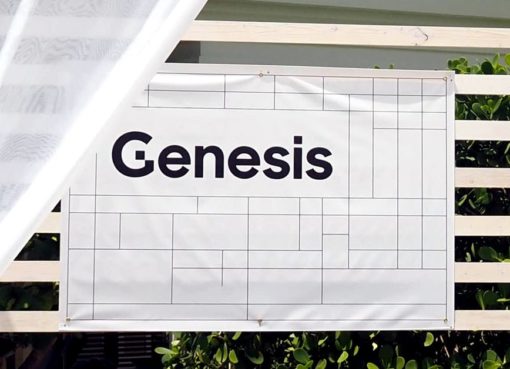The Philippines Securities and Exchange Commission (SEC) warned of a crypto Ponzi scheme targeting Filipino, Australian, and European investors on March 30.
The scheme, Bitcoin Revolution, comprises a classic Ponzi in which investors are offered exorbitant compounding daily returns on deposited funds.
Bitcoin Revolution claims to have software that produces trades with a success rate of between 88% and 95% — offering a path to seven-figure status over just 61 days. From an initial deposit of just $250, the scammer claims that investors can earn 300% per day or 9,000% per month.
Bitcoin Revolution brokers face 21 years in prison
The SEC warns that those who act as salesmen, brokers, dealers or agents of Bitcoin Revolution, including through online solicitation and recruitment, will face up to 21 years imprisonment and or up to $100,000 in fines alongside SEC sanctions.
The regulator asserts that Bitcoin Revolution is offering unregistered securities in the form of investment contracts to the public in blatant violation of Philippine securities laws. The scheme is not registered as a company with the SEC and does not have licensing from the Philippine central bank to operate with digital assets.
Ponzis use fake celebrity endorsements to advertise on social media
Like many ponzi schemes, Bitcoin Revolution is promoted on social media using fake celebrity endorsements and news stories.
At the start of March, a former employee blew the whistle on a Ukrainian Bitcoin investment scam with 200 employees. The scheme was operated by a firm called Milton Group, which occupied two floors of an office building in Kyiv. Once a victim had invested in the scheme, they would face an onslaught of phone calls pressuring them to make further deposits into the scam.
The whistleblower claimed that the scheme netted $70 million in 2019, scamming investors in Australia, New Zealand, and the United Kingdom. The company promoted themselves through fraudulent news stories on Facebook, which detailed how local celebrities had earned a fortune through crypto trading.




